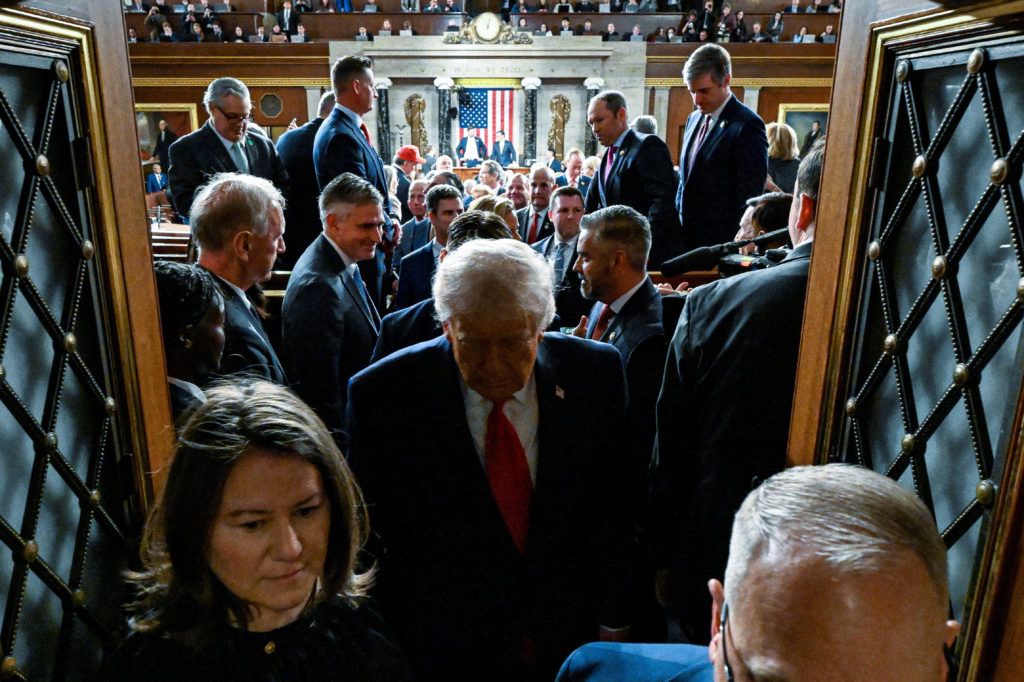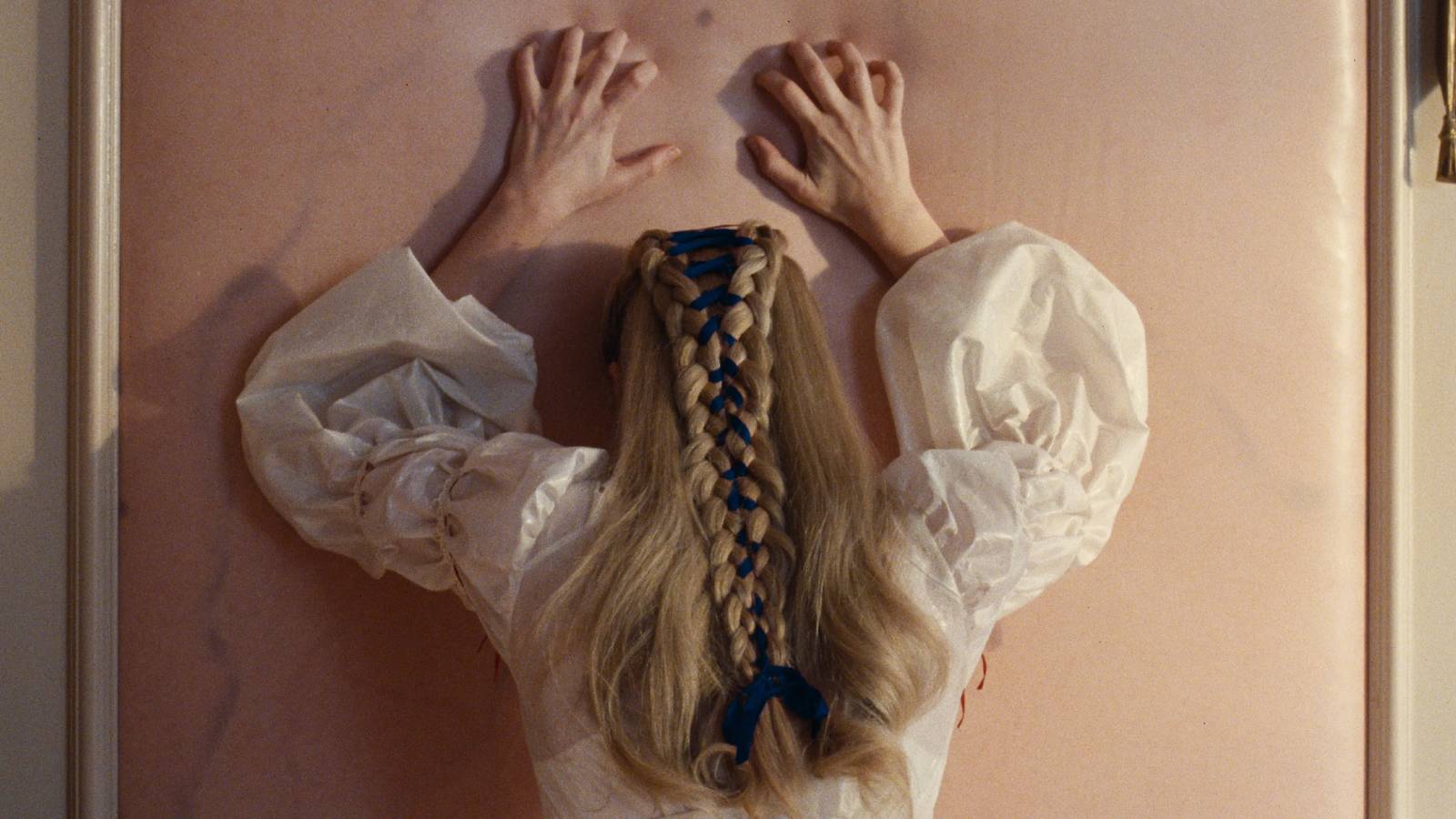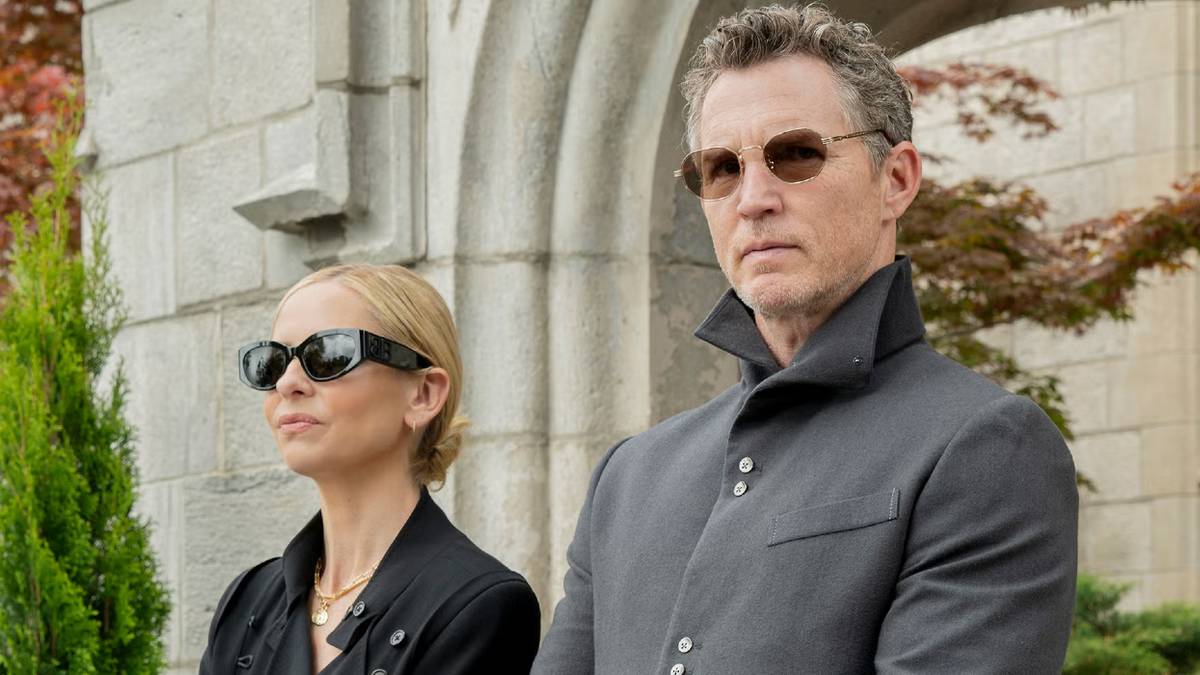Bombshell Leak: US Envoy Caught Coaching Russia on Putin's Flattery for Trump's Gaza Peace Deal

A recent diplomatic controversy has emerged following the leak of an audio recording, revealing U.S. Special Envoy Steve Witkoff advising Yuri Ushakov, Russian President Vladimir Putin's foreign policy adviser, on how to appeal to U.S. President Donald Trump regarding a proposed Ukraine peace deal. The recording, reportedly from October 14, shows Witkoff suggesting Ushakov should flatter Trump by congratulating him on the Gaza ceasefire and emphasizing Trump's role as a "man of peace." Witkoff was quoted suggesting, "Just reiterate that you congratulate the president [Trump] on this achievement... that you respect that he is a man of peace and you're just, you're really glad to have seen it happen," believing this would lead to a "really good call."
President Trump, while stating he hadn't heard the audio, defended Witkoff's actions as "what a dealmaker does" and a "very standard form of negotiations" aimed at "selling" the peace plan to both Russia and Ukraine. This defense came amidst accusations that Witkoff's approach favored Russian interests. Republican U.S. Rep. Don Bacon, for instance, criticized Witkoff's conduct, suggesting he could not be trusted to lead the negotiations and should be fired.
The leaked conversation also reportedly included discussions about modeling the Ukraine peace initiative on Trump's 28-point plan for the Israel-Hamas conflict. Witkoff suggested setting out a "20-point peace proposal, just like we did in Gaza." He also advised setting up a call between Trump and Putin before Ukrainian President Volodymyr Zelensky's scheduled visit to the White House. This indeed occurred, with the U.S. and Russian presidents speaking shortly before Zelensky's arrival in Washington last month. Following this, Trump appeared to soften his stance on providing long-range Tomahawk missiles to Kyiv, stating he believed Putin "wants to end the war" and advocating for both sides to "stop at the battle line" and "stop the killing."
The initial 28-point draft peace plan presented by the U.S. had drawn significant criticism from Ukrainian and European leaders for being heavily skewed towards Russian demands. Key proposals included the handover of Ukrainian-controlled territory in eastern Ukraine to Russia, a dramatic reduction in Ukraine's military size (from 900,000 to 600,000 personnel), and a permanent prohibition of Ukraine joining the NATO military alliance. Concerns were also raised about the plan potentially granting amnesty for atrocities committed during the war.
In response to this substantial pushback, the peace plan has since undergone significant revisions. U.S. and Ukrainian officials held "highly productive" talks in Geneva, leading to an updated 19-point proposal. This revised framework is reportedly less favorable to Moscow, notably removing amnesty guarantees for wartime atrocities and capping Ukraine's army at 800,000 men in peacetime, rather than the initial 600,000. It also stipulated that negotiations on territorial swaps would commence from the Line of Contact, departing from the original suggestion of de facto recognition of certain areas as Russian. The updated plan proposes a U.S. security guarantee for Ukraine, similar to NATO's Article 5. Zelensky has since welcomed amendments and signaled support for the framework's essence, expressing readiness to discuss "sensitive points" with Trump.
The leak's origin remains unclear, though Yuri Ushakov speculated it was intended to "hinder" peace negotiations. Bloomberg also reported on another call between Ushakov and Putin envoy Kirill Dmitriev, who had spent time with Witkoff in Miami, discussing how to informally pass along a Russian-influenced "paper" for the peace plan. Dmitriev, however, dismissed the transcript as "fake news" and part of a "malicious media machine." Despite the controversy, the White House did not dispute the veracity of the initial Witkoff-Ushakov transcript. White House communications director Steven Cheung stated that Witkoff talks to officials in both Russia and Ukraine daily to achieve peace, fulfilling his appointment by President Trump. Secretary of State Marco Rubio insisted the proposal was US-authored, despite initial appearances suggesting a "Russian wish list."
Diplomatic efforts are intensifying. Witkoff has visited Moscow multiple times this year and is scheduled to meet President Putin again, alongside other U.S. administration representatives involved in Ukrainian affairs. While Witkoff has not held talks in Kyiv in his special envoy role, U.S. Army Secretary Dan Driscoll recently visited the Ukrainian capital. International stakeholders, including European E3 powers (Britain, France, and Germany), have also weighed in, submitting modified versions of the U.S. plan and emphasizing the need for additional work on territorial and military cap concerns at the G20 summit. Zelensky himself confirmed ongoing talks with Washington and a potential visit to the U.S. to finalize a deal, though specific dates remain unconfirmed by the U.S. side.
Recommended Articles
Trump Reignites GERD Debate With New Mediation Offer

Former US President Donald Trump has offered to restart mediation efforts between Egypt and Ethiopia over the Grand Ethi...
Trump's State of the Union Address: Global Echoes and Divisive Claims

Donald Trump delivered the longest State of the Union address in history, marked by deep political division and controve...
Explosive Moments and Political Drama Mark Trump’s Chaotic Address

President Donald Trump's State of the Union address on February 24, 2026, ignited fierce political contention as Democra...
Cardi B Responds to Trump Adviser Amid Nicki Minaj Bot Report Dispute

A public spat erupted between Cardi B and Donald Trump advisor Alex Bruesewitz over a report suggesting bots amplified N...
Global Diplomacy Stunned: US Abstains on Crucial UN Vote Supporting Ukraine

The UN General Assembly recently backed Ukraine's sovereignty on the fourth anniversary of Russia's invasion, but the U....
Dropkick Murphys to Rock Minneapolis for a Cause: Free Concert Honors Alex Pretti and Renée Good

The Dropkick Murphys are set to host a free "Abolish ICE" fundraising concert in Minneapolis on March 6 to honor Alex Pr...
You may also like...
Premier League Fury: Chelsea & West Ham Hit With Heavy Fines Over Mass Brawl

Chelsea and West Ham have been hit with significant fines by an independent regulatory commission following a mass confr...
NBA Shocker: Luka-LeBron Botch Crushes Lakers' Hopes Against Magic

The Los Angeles Lakers suffered a narrow 110-109 defeat to the Orlando Magic, following a critical botched inbounds play...
Ryan Gosling Shines in 'Project Hail Mary,' Early Buzz Hails 'Must-See Space Odyssey'

Phil Lord and Christopher Miller's "Project Hail Mary" is receiving stellar early reviews, with critics calling the sci-...
Margot Robbie's Latest Epic Love Story Dominates Box Office, Outperforms 'RRR'

"Wuthering Heights," director Emerald Fennell's controversial adaptation of Emily Brontë's novel, has achieved significa...
End of an Era? Mike Patton Hints at Faith No More Split, Fans Brace for Impact

Mike Patton suggests Faith No More's active period may be over, citing an unspoken sense of closure after their last per...
Rock & Roll Hall of Fame Shakes Up 2026 With Star-Studded Nominee List and Artist Reactions

The Rock & Roll Hall of Fame has announced its 17 nominees for the Class of 2026, featuring 10 first-time contenders lik...
Snoop Dogg Unveils Shocking Connection to Bitter Beckham Family Spat

Hollywood megastar Snoop Dogg has weighed in on the ongoing Beckham family feud, which saw Brooklyn Beckham publicly acc...
Shawn Hatosy's Shocking 'Twin, Wife, Mom' Remark on Sarah Michelle Gellar's Ursula

"Ready or Not 2: Here I Come" picks up immediately after the first film, as Grace's survival triggers a new, dangerous g...